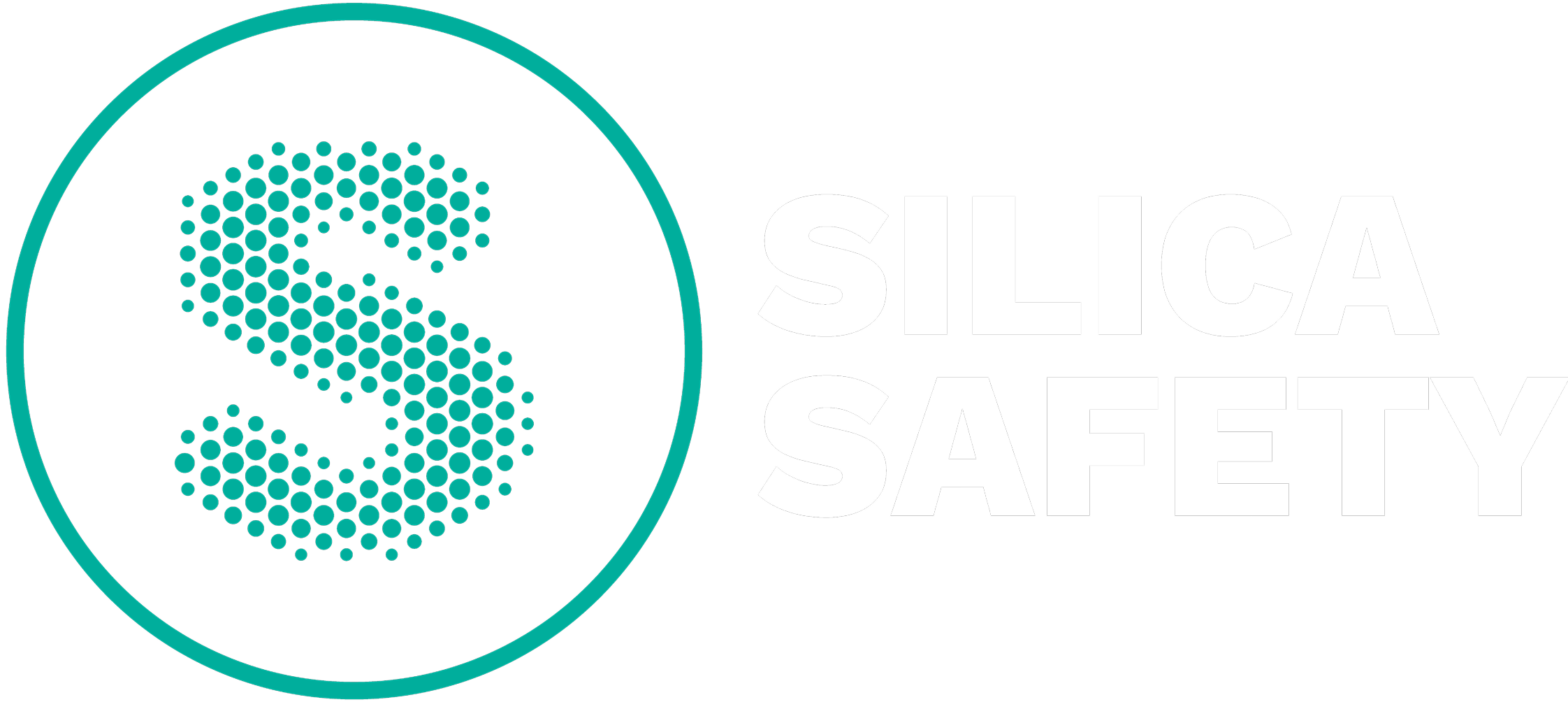Employers and other persons conducting a business or undertaking (PCBUs) have a primary duty of care to ensure a safe work environment, including providing safe systems of work, equipment and training.
Specific duties relating to crystalline silica
There are specific duties that apply to work with any material containing 1% or more crystalline silica. These materials include engineered stone.
Information on how much and what forms of crystalline silica a manufactured product contains may be obtained by referring to the label, safety data sheet or product information from the manufacturer or supplier.
If the work involves a naturally occurring material (for example in mining, quarrying or tunnelling operations, and most civil construction sites), the best way to determine how much and what forms of crystalline silica are present is to undertake scientific testing of the material using a National Association of Testing Authorities (NATA) accredited (or equivalent) laboratory.
A person conducting a business or undertaking (PCBU) must eliminate or minimise the risk of exposure to respirable crystalline silica (RCS) so far as is reasonably practicable. This means ensuring that the airborne concentration of RCS is kept as low as is reasonably practicable.
There are additional requirements if the processing of a crystalline silica substance is high risk, which include developing a silica risk control plan, undertaking air monitoring and providing health monitoring.
A PCBU must also not carry out, or direct or allow a worker to carry out, work that involves manufacturing, supplying, processing or installing engineered stone benchtops, panels or slabs. There are limited exceptions to these rules.
Further information
Safe Work Australia: Working with crystalline silica substances: Guidance for PCBUs
Contact your WHS Regulator for information about the specific WHS duties in your jurisdiction.

